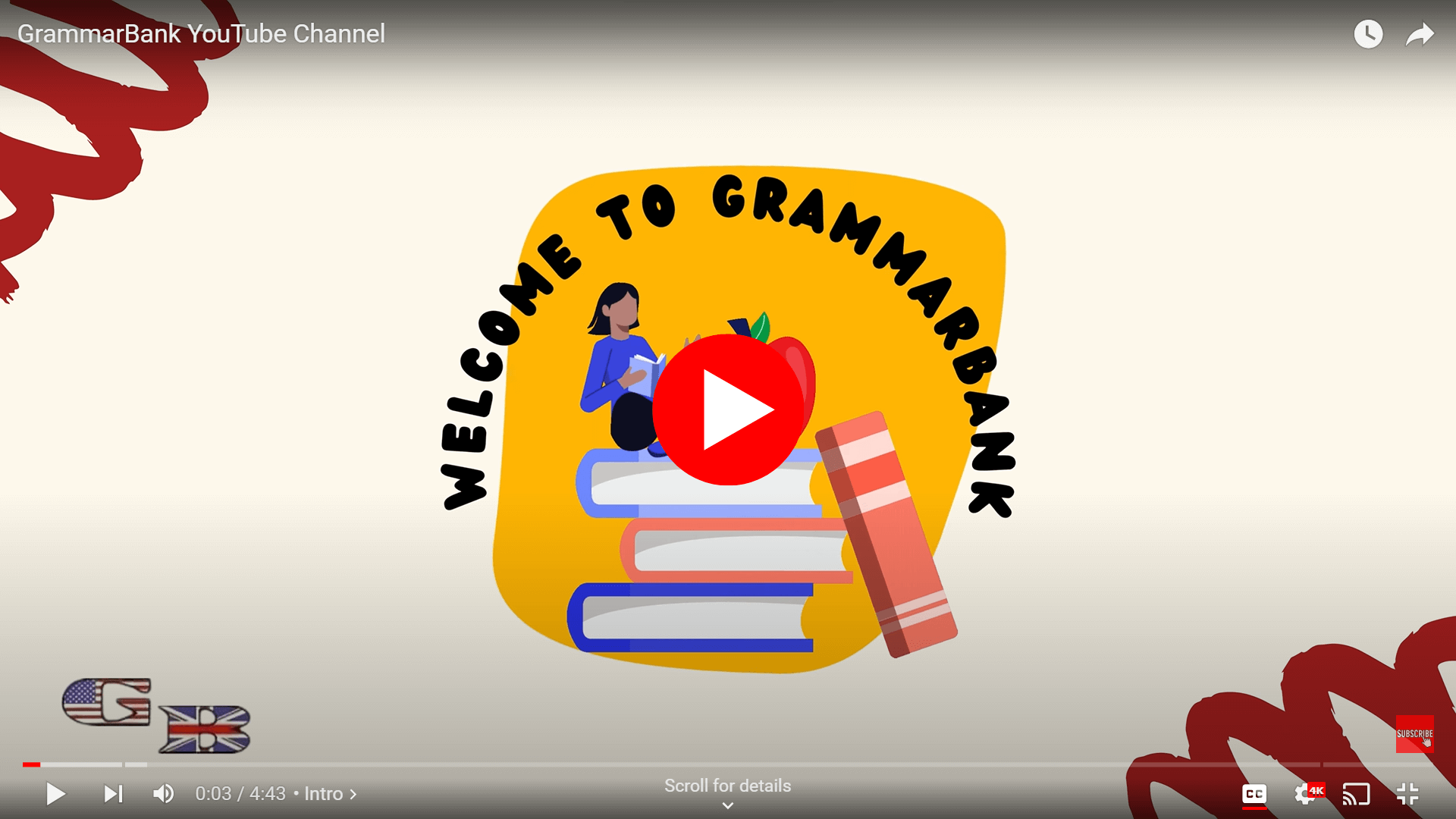Reported Speech Requests
Commands/Exclamations
Subject Explanations:
Reported Speech
Reported Speech Tense Shift
Indirect Speech Imperatives
Indirect Speech Questions
Reported Requests/Exclamations
Exercises/Practice:
Reported Speech Statements
Reported Speech Yes/No Questions -
Reported Speech WH-Questions
Reported Speech Examples -
More Complex Sentences
Reported Speech Imperatives Exercise -
Reported Mixed Exercise
Turn on the lights.Reported Speech
Reported Speech Tense Shift
Indirect Speech Imperatives
Indirect Speech Questions
Reported Requests/Exclamations
Exercises/Practice:
Reported Speech Statements
Reported Speech Yes/No Questions -
Reported Speech WH-Questions
Reported Speech Examples -
More Complex Sentences
Reported Speech Imperatives Exercise -
Reported Mixed Exercise
Get up!
What a shot!
Below are some common ways of reporting these speeches.
Reported Requests/Commands
When we put direct commands or requests into indirect speech we usually follow the below structure:
a. We use introductory verbs:
order, ask, tell, want and request, etc.
b. We use indirect objects after those introductory verbs.
c. The command or request in direct speech takes the infinitive form.
Examples:
Direct: He said "Exercise regularly."
Indirect: He asked me to exercise regularly.
Indirect: He wanted me to exercise regularly.
Indirect: He told me to exercise regularly.
Indirect: He requested that I exercised regularly.
Direct: "Don't turn off the lights."
Indirect: He asked not to turn off the lights.
Indirect: He ordered not to turn off the lights.
Direct: The sign says: "Don't drink and drive."
Indirect: The sign says not to drink and drive.
Indirect: The sign asks not to drink and drive.
Indirect: The sign requests not to drink and drive.
Indirect: The sign said not to drink and drive.
Indirect: The sign commands not to drink and drive.
Indirect: The sign screams at us not to drink and drive.
My Father: "Don't be late."
Indirect: My father warned us not to be late.
Indirect: My father asked us not to be late.
Indirect Speech Exclamations
Exclamations become statements in indirect speech.
Examples:
Direct: Shannon said, "What a pity!"
Indirect: Shannon said that it was a pity.
Direct: Hanna said, "Oh! It is impossible!"
Indirect: Hanna said that it was impossible.
Direct: Danny said, "What a lovely day!"
Indirect: Danny said that it was a lovely day.
"What a shot!"
Somebody said it was a (great) shot.
You are here: >> Home >>
English Grammar Lessons >> Indirect Speech >> Reported Requests/Exclamations





Comments